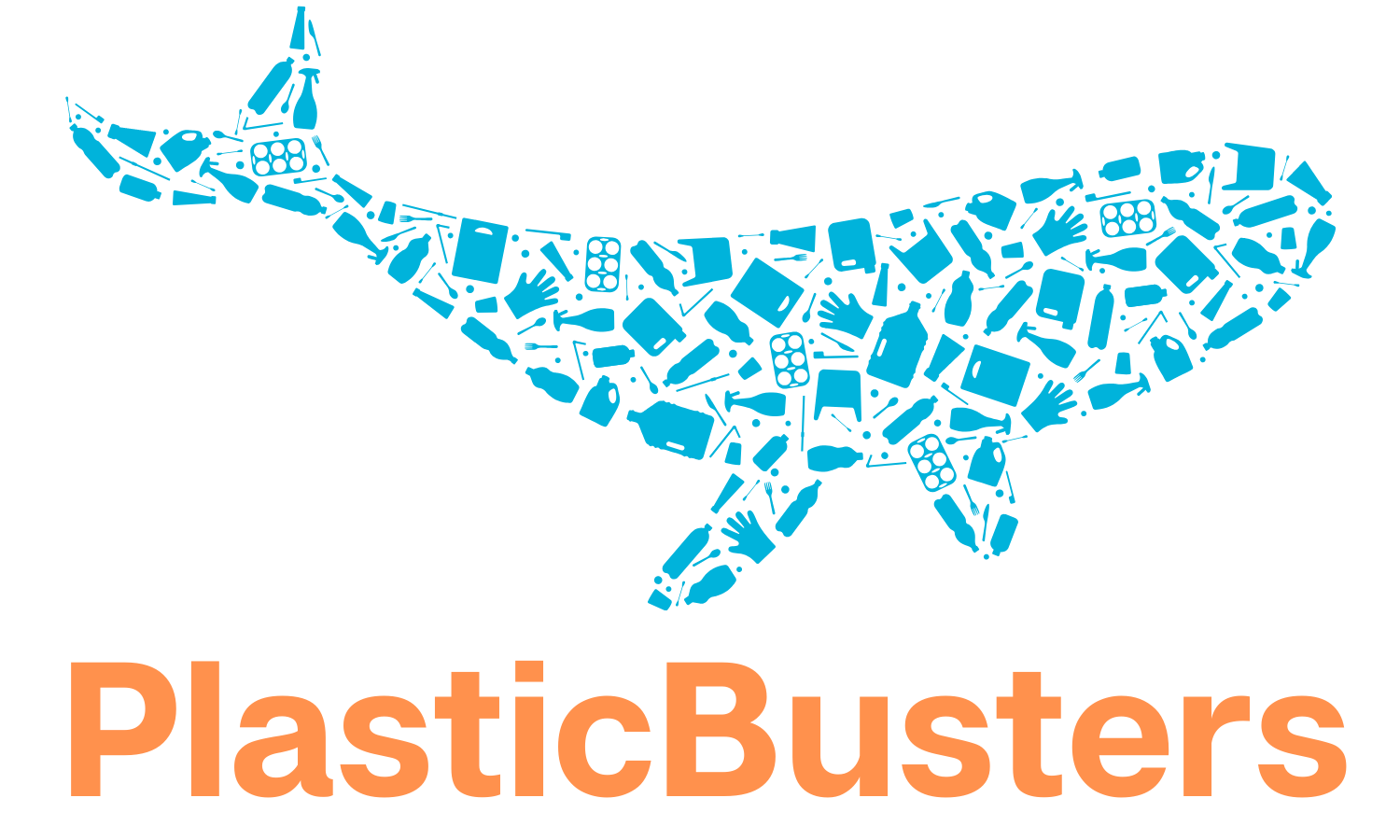Let’s celebrate World Wildlife Day 2021!
“World Wildlife Day will be celebrated in 2021 under the theme "Forests and Livelihoods: Sustaining People and Planet", as a way to highlight the central role of forests, forest species and ecosystems services in sustaining the livelihoods of hundreds of millions of people globally, and particularly of Indigenous and local communities with historic ties to forested and forest-adjacent areas. This aligns with UN Sustainable Development Goals 1, 12, 13 and 15, and their wide-ranging commitments to alleviating poverty, ensuring sustainable use of resources, and on conserving life land.
Between 200 and 350 million people live within or adjacent to forested areas around the world, relying on the various ecosystem services provided by forest and forest species for their livelihoods and to cover their most basic needs, including food, shelter, energy and medicines.
Indigenous peoples and local communities are at the forefront of the symbiotic relationship between humans and forest, forest-dwelling wildlife species and the ecosystem services the provide. Roughly 28% of the world’s land surface is currently managed by indigenous peoples, including some of the most ecologically intact forests on the planet. These spaces are not only central to their economic and personal well-being, but also to their cultural identities.
Forests, forests species and the livelihoods that depend on them currently find themselves at the crossroads of the multiple planetary crises we currently face, from climate change, to biodiversity loss and the health, social and economic impacts of the COVID-19 pandemic.
On March 3 2021, World Wildlife Day will celebrate forest-based livelihoods and seek to promote forest and forest wildlife management models and practices that accommodate both human well-being and the long-term conservation of forests, forest-dwelling species of wild fauna and flora and the ecosystems they sustain, and promote the value of traditional practices and knowledge that contribute to establishing a more sustainable relationship with these crucial natural systems.
Everyday wildlife protection
Though World Wildlife Day is an annual celebration, wildlife conservation is an issue that needs attention and action every day.
The threats weighing on wildlife and biodiversity are often big and complex, so much so that individuals might feel powerless about them. However, every person’s small actions add up to a much larger solution, which can make the difference between species and ecosystems surviving and thriving and having them wane and even disappear.
Just #DoOneThingToday to make a difference and help wildlife conservation:
Set a Goal – Live your daily life with the smallest negative impact on the environment, wildlife, their habitats, or the planet’s biodiversity.
Mobilize – Encourage local schools, clubs, governments and businesses to discuss wildlife conservation and what you and your community can do to help.
Consume Responsibly – By not purchasing products made from illegally sourced, protected wildlife or their parts and products, you can stop wildlife trafficking from being a profitable enterprise. More information can be found through your national or local wildlife authorities or the Convention on International Trade in Endangered Species or Wild fauna and Flora (CITES).
Volunteer – We cannot always give money, but we can donate our time. Often wildlife organisations and zoos have volunteer programs. You could also help clean beaches, rescue wild animals or teach tourists about your local habitat.
Stay informed – Learn more about our planet’s flora and fauna, including those that are in danger of extinction. Research ways that you or your community can conserve and protect wildlife. Inform yourself on current environmental matters and be aware of your individual impact on ecosystems and wildlife. Think globally, act locally.
Speak up – Share your knowledge, passion and questions about wildlife conservation with your friends, family and community – either in person or online.
Reach out – inform authorities if you have information on illegal logging, fishing and wildlife trafficking; whistle-blowers play a critical role in detecting wildlife crimes and holding criminal smugglers accountable.“
At PlasticBusters we would like to encourage you to join one, or several, of the following initiatives:
Adopt-a-Place, and pledge to preserve it and maintain it litter-free. Join here.
Take the Pledge to do your best to reduce plastic pollution, individually or as a business/organisation. Join here.
Set up a litter-picking group, or join one of the existing groups in your area (we list a few here)
Join our Facebook group (here) to keep yourself informed on the issue of #plasticpollution and to learn what you can do to make a difference.
Note: Except for the PlasticBusters initiatives, all content has been extracted from the World Wildlife Day official website: https://www.wildlifeday.org

